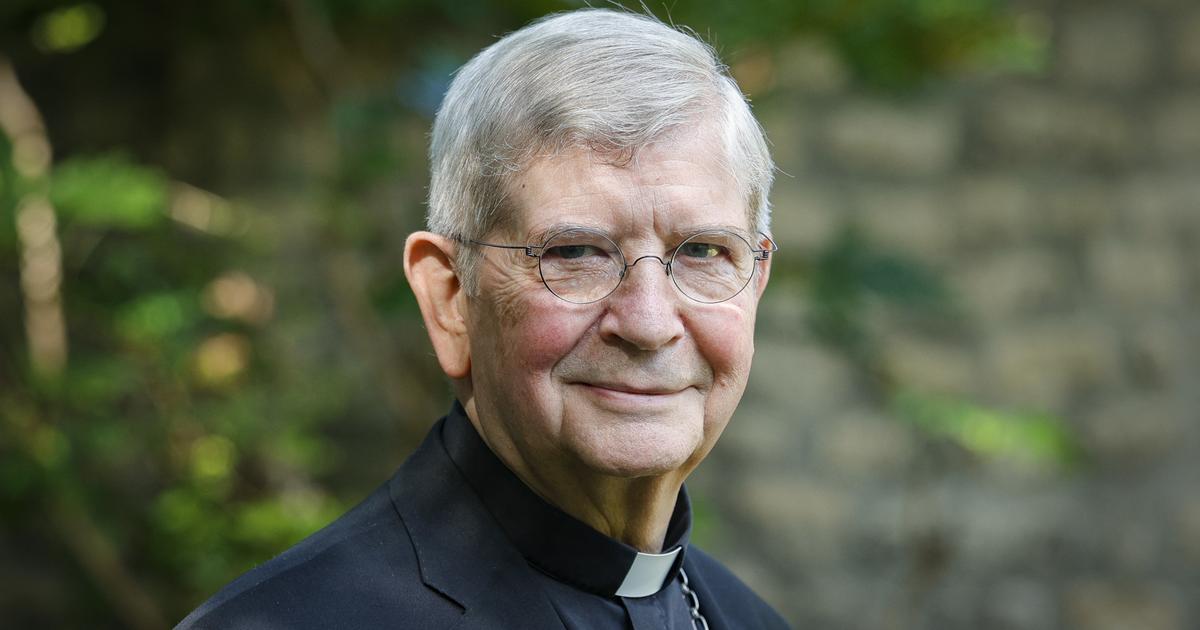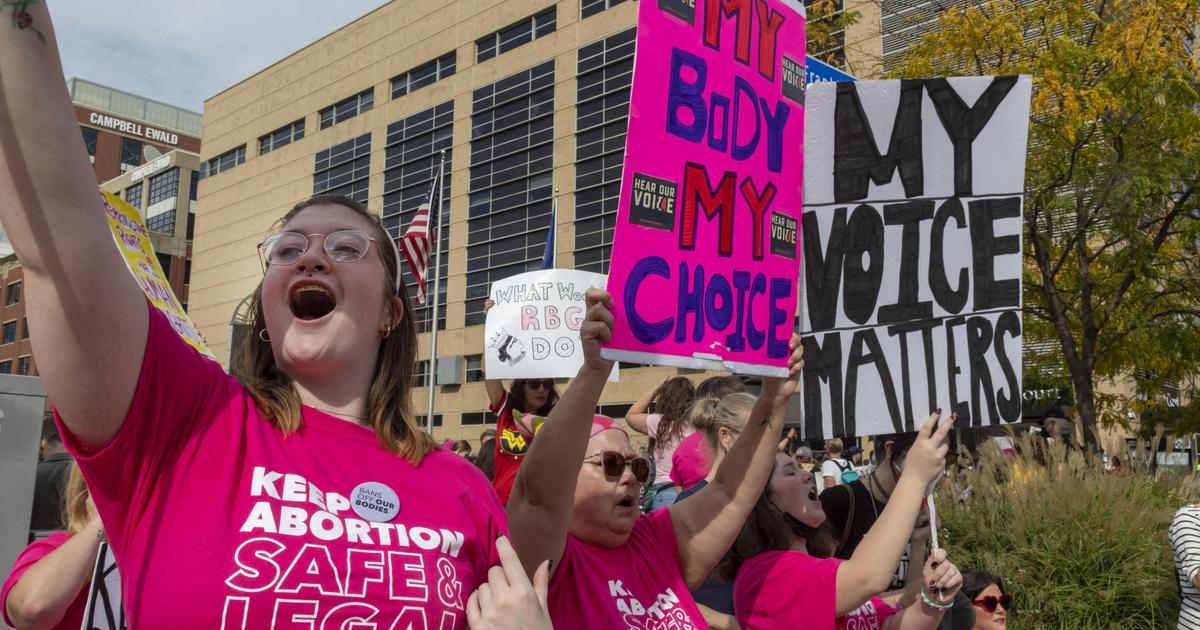Global society
all articles
In Armenia, 1400 fetuses are aborted each year because they are female. Although there is a law since 2016 that prohibits such sex-related abortions. However, there are frequent reports that families are putting pressure on pregnant women and pushing them into abortion should women expect a girl.
The belief that a son is more valuable than a daughter is still widespread in the country. Read an analysis here.
Here a woman tells what she has experienced, and how her family put pressure on her, until she ended her pregnancy at the end.
"There were two pills of Cytotec on the kitchen table, I knew when I swallowed them, the fetus in my stomach will die, my mother-in-law said, 'There's no room for the girl.' In the afternoon she asks, 'Why did not you take the pills yet?'
I promised her that I would take her soon. That was seven years ago. Now I am forty years old and live with my daughter in a small flat fifty kilometers from my mother-in-law.
'Why a daughter, why no son?'
I studied in the province Gegharkunik. At the university I met my husband. After thirteen years we got married. Neither friends nor family members could imagine that we would ever divorce. At that time I wished to live with my mother-in-law because we had a good relationship.
When I got my first daughter, I had no idea. We named her after her grandmother. But she just asked: 'why a daughter, why no son?'
Then my brother-in-law died. My mother-in-law had three sons: one was dead, the second divorced, the third my husband. I was pregnant again. My mother-in-law already had two grandsons and I too should have a boy who will continue the family inheritance.
I did an ultrasound: another girl. My daughter was seven months old then, and my mother-in-law took care of the grandsons rather than her.
'Now you do that!'
At the time I was doing the household, although I did not feel well. When I lay in bed with my baby in the evening, I vomited. My mother-in-law wanted me to eat along anyway. My husband came home, first kissed his mother, then me.
Then my mother-in-law cried out: 'Your wife does not speak to me!' Then my husband beat me. My mother-in-law took all the pillows and blankets from our marriage bed and made the bed for her son in another room. I spent the night wrapped in a bath towel.
When my mother-in-law demanded that I abort, I left the house crying. I confided in my mother-in-law's sister, but she whistled. 'Why are you releasing our secret?' My mother-in-law screamed when I returned home.
At that time, I thought I could not get a divorce. I wanted to continue the marriage. But my husband always drank alcohol, he did not want to accept the problems.
My mother-in-law informed neighbors about abortions and sent my father-in-law to the pharmacy, which did not know the effect of Cytotec. He bought the drug, ignorant. My mother-in-law took two pills and put them in my hand: 'Now you do that!' She said. And I swallowed her. In the evening, I introduced two more pills vaginally and went to bed.
Later, I did a pregnancy test. He was positive, despite Cytotec.
I decided to leave the house. I cleaned up, put down my golden rings and chains, and held my daughter in front of me for protection, because my husband did not want to let me go. But my father-in-law came between us, he said, 'It's up to you.' I moved temporarily to my sister and filed for divorce.
'It's too risky to have the child'
Then I went to a doctor. The drug had effects on the fetus. The doctor said, 'It's too risky to have the baby.' I drove off.
Afterwards friends and relatives said to me: 'It does not matter, many women are aborting.' But I did not want to live anymore. I killed a human. Only my older daughter and my faith gave me strength.
When I sit down with my ex-husband today, he asks, 'Why did not you give my second child a life?' Then I remind him under what pressure I took the drug.
My ex-husband is not working, he's still drinking. By law, he would have to help me financially, but he does not pay. And I do not ask for anything. In spite of everything, I loved him and I will love him. I do not want another man. I saw my mother-in-law at the funeral of my father-in-law four years after the divorce. She hugged me. Maybe she regrets it.
I told some of my neighbors my story to convince them to deliver their girls. I do not want them to make the same mistake as me. Even friends from Yerevan I tell about it, even friends of friends. Your girls were all born. "
Note: The woman wants to remain anonymous, her name is known to the editors. The descriptions describe their personal experiences. We can not conclusively check what has been said.
This article is part of the project Global Society, for which our reporters report from four continents. The project is long-term and supported by the Bill & Melinda Gates Foundation.
What is the project Global Society?
Under the title Global Society, reporters from Asia, Africa, Latin America and Europe will be reporting on injustices in a globalized world, socio-political challenges and sustainable development. The reportages, analyzes, photo galleries, videos and podcasts appear in the Politics Department of SPIEGEL. The project is long-term and will be supported over three years by the Bill & Melinda Gates Foundation (BMGF).
Are the journalistic contents independent of the foundation?
Yes. The editorial content is created without the influence of the Gates Foundation.
Do other media have similar projects?
Yes. Major European media such as "The Guardian" and "El País" have created similar sections on their news pages with "Global Development" or "Planeta Futuro" with the support of the Gates Foundation.
Was there already similar projects at SPIEGEL ONLINE?
SPIEGEL ONLINE has already implemented two projects in recent years with the European Journalism Center (EJC) and the support of the Bill & Melinda Gates Foundation: The "Expedition The Day After tomorrow" on Global Sustainability Goals and the journalistic refugee project "The New Arrivals" Several award-winning multimedia reports on the topics of migration and escape have emerged.
Where can I find all the publications on the Global Society?
The pieces can be found at SPIEGEL ONLINE on the topic page Global Society.








/cloudfront-eu-central-1.images.arcpublishing.com/prisa/POAZB4KWIJBM7FK3PULSOJEJAA.jpg)
